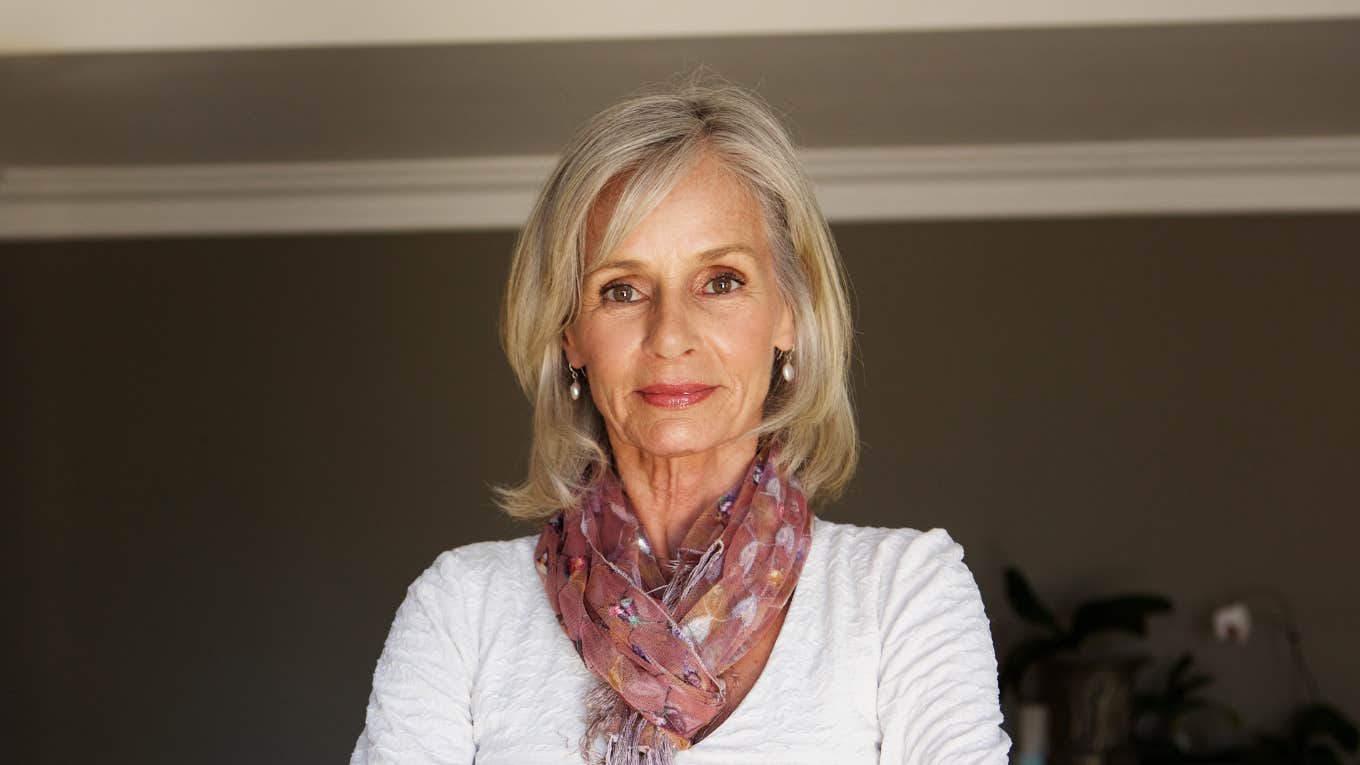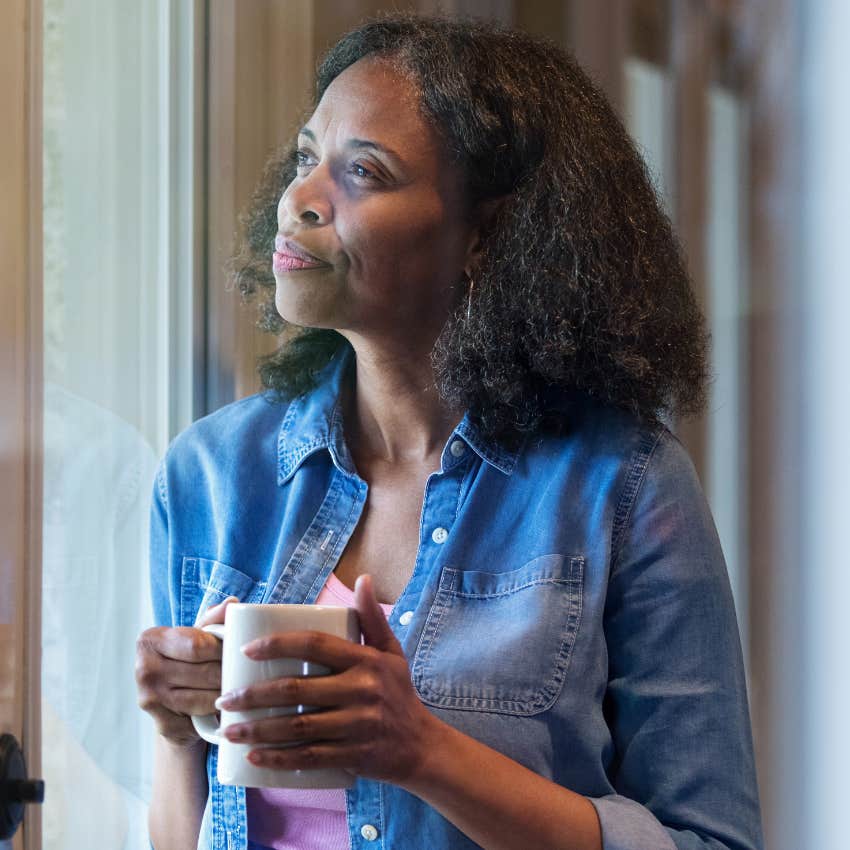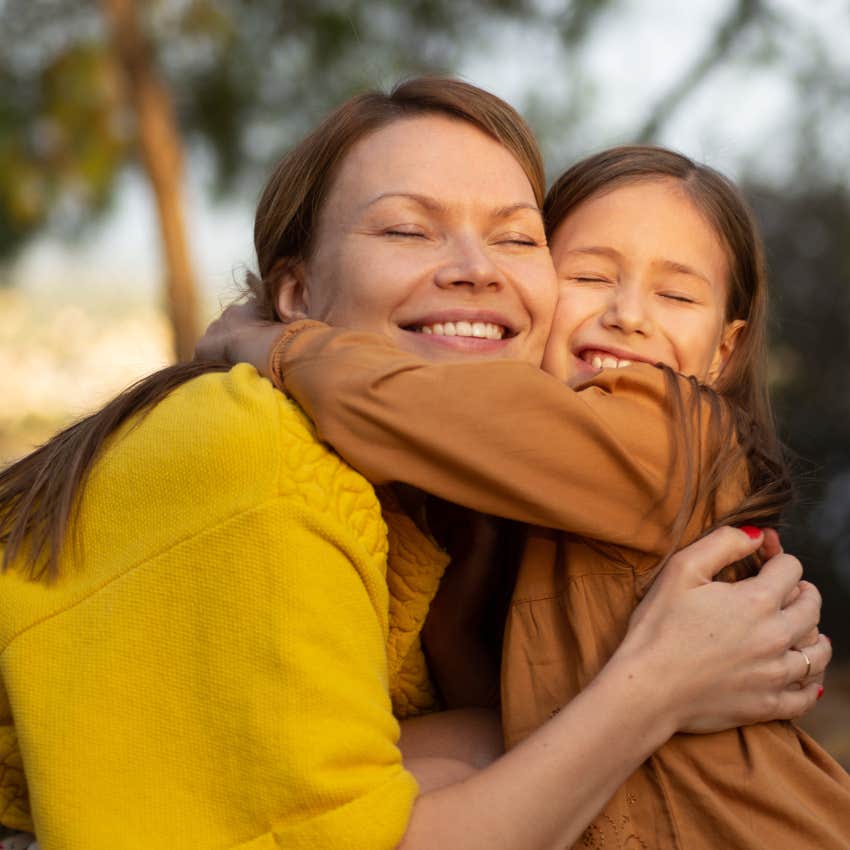5 Lessons A Mom Says She’s Learned Since All Of Her Adult Children Went No-Contact With Her
You're not a bad person, even if you were a bad parent.
 mimagephotography | Canva Pro
mimagephotography | Canva Pro With nearly a quarter of adult children estranged from their parents, the growing trend is impossible to ignore. What’s causing the corrosion of familial relationships? And is it possible to heal?
According to a mom and life coach named Crystal, it is possible to move forward, even when you don’t have a relationship with your kids. She should know — she's been through it. She said she's been able to “learn and grow” from the mistakes of the past and the trauma of being estranged from her two adult children.
“It has given me the time and space to look at my own unhealed trauma,” Crystal said, “and figure out where my own toxicity is and how I can improve myself.” Now, she's passing those lessons on to other parents.
The 5 lessons a mom learned after her adult children went no-contact:
1. Acknowledging that she was emotionally unavailable to her sons
“Intergenerational trauma is real,” Crystal said, “and as a result of my unhealed wounds, I was emotionally unavailable to my sons.”
A 2018 study published in the Journal of Adult Development found that when parents are accepting and supportive of their children, they are more likely to foster healthy emotional intelligence into adulthood.
On the flip side, parents who have their own traumas and aren’t emotionally available for their children consequently impact their ability to foster healthy relationships as adults.
By recognizing that she ignored her children’s emotional needs as a parent, Crystal is not only giving her sons the space they need to heal but also space for herself to grow.
She can now refocus her energy on healing her own wounds, which is the only way to begin to repair her bond with her kids.
2. Accepting that her sons made the best decision for them
When emotions are painful, it's easy to play the blame game to help erase some of the hurt and guilt. True healing, however, comes from acknowledging your faults and taking ownership of the consequences that result from your behavior.
 SDI Productions | CanvaPro
SDI Productions | CanvaPro
The healing starts when you acknowledge the estrangement and accept that it is necessary for everyone involved. Crystal went so far as to say she’s “proud” of her kids for making a hard decision that's ultimately in their best interests.
3. Loving her kids means respecting their ‘no-contact’ wishes
“The best way I can love them is to honor and respect their no-contact wishes,” Crystal stated. Just because she “tried her best” to be a good parent doesn’t mean she was, and she owns that.
Reaching out, violating their “no-contact” boundaries, and feeling entitled and obligated to their time will only push them further away.
4. Instead of blaming her sons, she needs to work on herself
Adult children who make the choice to go no-contact with their parents are often at their breaking point, feeling exhausted by the burdens of their past.
As a parent, whether you like it or not, you have to recognize that every conversation or interaction with you is a reminder of their trauma. You have to heal yourself, recognize their hurt, and respect their need for distance for any hope of reconciliation.
 Изображения пользователя Альфира | CanvaPro
Изображения пользователя Альфира | CanvaPro
Parent-child relationships can be incredibly impactful in your life, but at the end of the day, even adult children need to put themselves first.
5. Admitting that she was a bad parent doesn't make her a bad person
Everyone makes mistakes, especially when struggling with trauma. You can be a bad parent without being a bad person.
However, this separation of parenting ability and character doesn’t erase culpability.
“How can I become a better version of myself?” Crystal questioned. “There’s always something that we can learn about ourselves as we go through life.”
Life is complicated. Relationships are complicated. The parent-child dynamic is no different. Do what you can to heal, grow, and support your kids because it’s never too late to make amends and move forward.
Zayda Slabbekoorn is a staff writer with a bachelor’s degree in social relations & policy and gender studies who focuses on psychology, relationships, self-help, and human interest stories.

